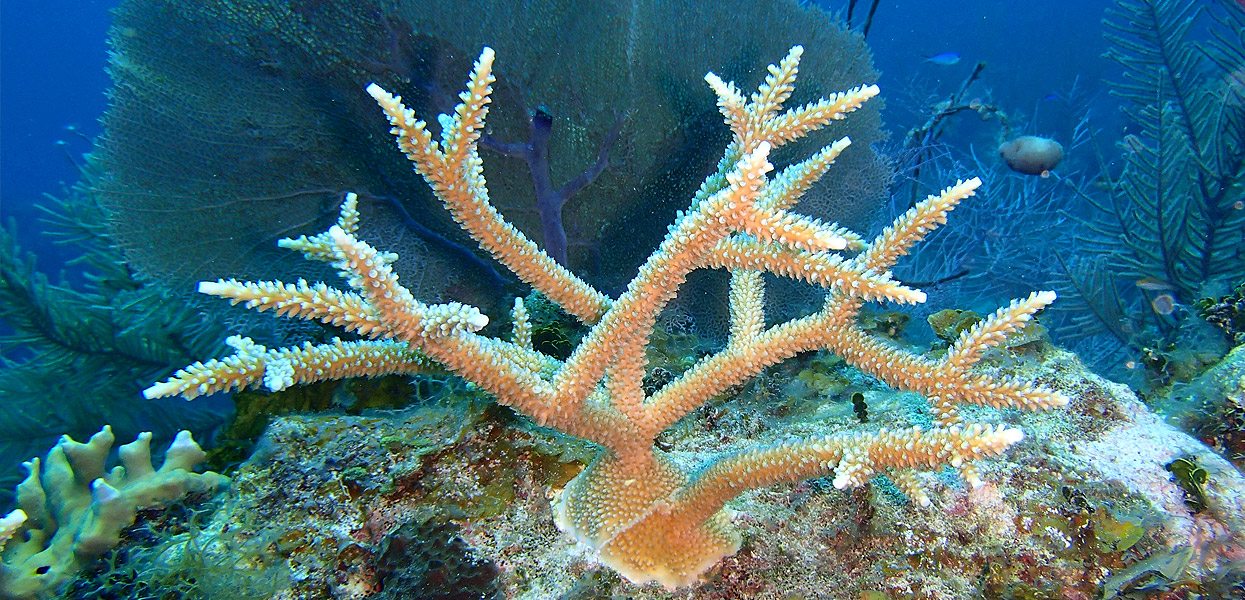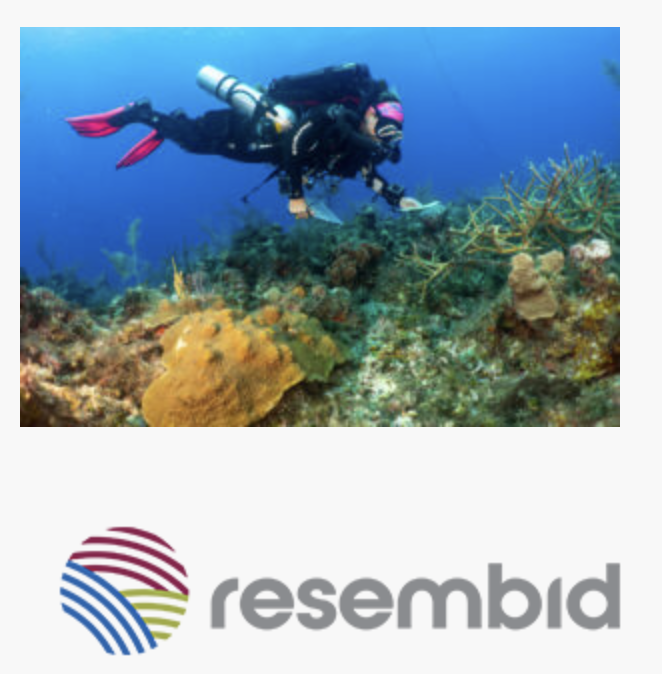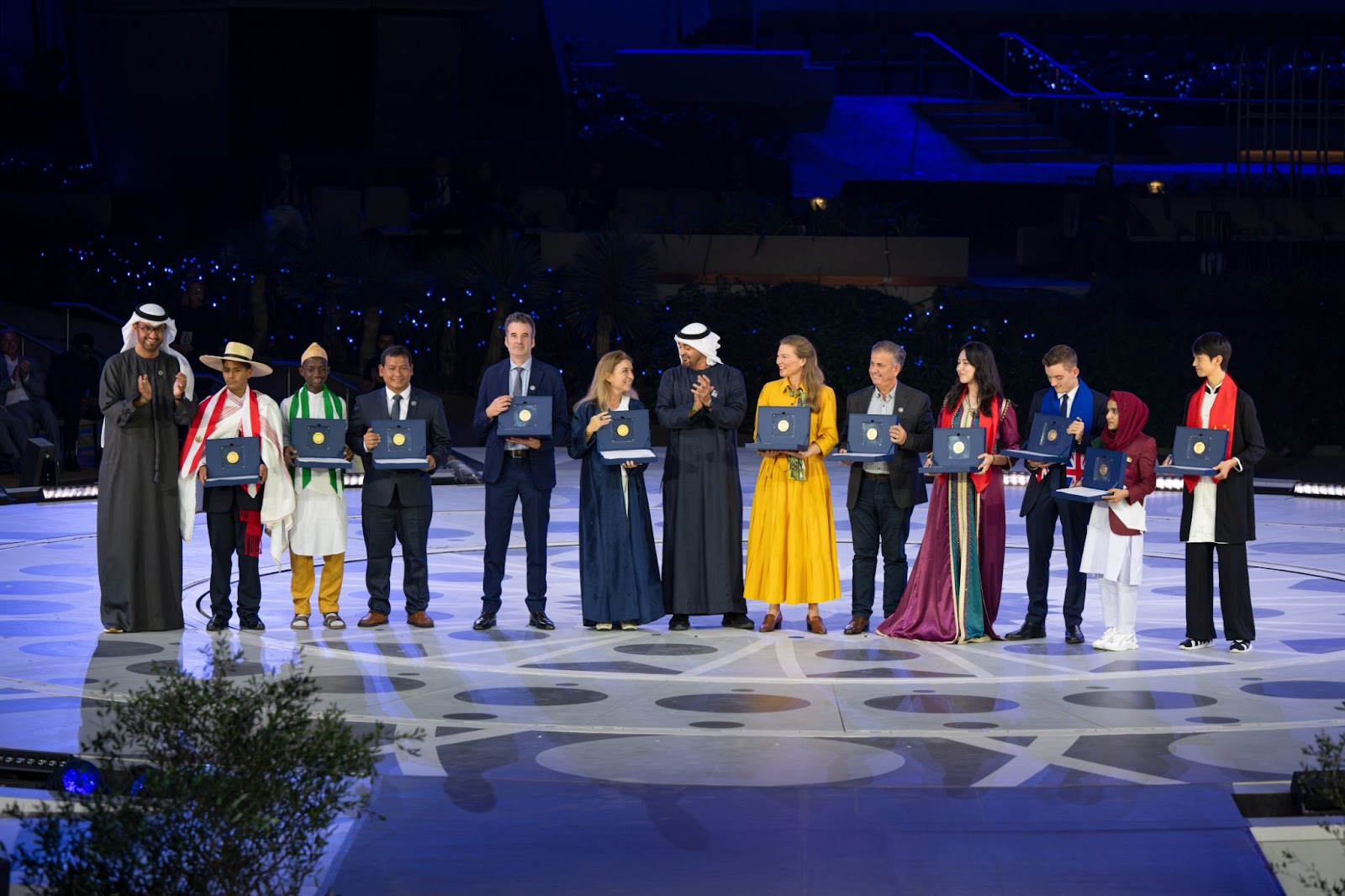Cayman: Building resilient reefs
From CCMI



This project is funded by the European Union.
This coral restoration project will build research capacity at CCMI, provide expertise to conduct thermal tolerance experiments, and improve restoration strategies through participation in workshops. The results from CCMI’s ongoing project will help to guide strategies and increase the overall success of coral restoration thereby sustaining coral reef biodiversity and promoting regional reef resilience.
CCMI has been maintaining Acroporid corals in our nearshore coral nursery since 2012 and has conducted several experiments to determine the best location of the nursery, optimal methods for fragmentation, prime outplanting sites, and best practices for outplanting to increase survival and improve resilience. Throughout the existence of our nursery, two main threats have persisted that continue to impact survival and success of restoration, disease and seawater warming. In 2018, our coral nursery experienced an outbreak of White Band Disease. During this event, we were able to document which individuals contracted the disease, which individuals did not, and their relevant survival rates 2 years after the event. Using this data, we have identified 2 types of disease resilience: resistant colonies and recovered colonies. Individuals in the resistant category are those that despite being exposed to the disease did not show evidence of infections. The recovered category consists of individuals that showed symptoms of infection but were able to fully recover from the disease. Both groups express resilience to disease and maintaining both types of resilience will increase overall population stability in the event of future White Band outbreak. Individual corals can also possess variable degrees of temperature tolerance, or thermal tolerance, at the individual or population level.
Previous work by Dr Gretchen Goodbody-Gringley, in collaboration with project partner Dr John Bruno (University of North Carolina) have examined thermal tolerances in corals using thermal performance curves to identify optimal and maximum temperatures for survival. Using this approach the team will identify colonies with higher upper thermal thresholds, classified as “heat tolerant”, and those with lower upper thermal thresholds, classified as “heat intolerant”. The combination of White Band disease resistance and thermal tolerance will be used to select for the most resilient individuals to use in coral restoration and outplanting efforts to build resilient reefs.
By increasing resilience of reefs through selective restoration using stress tolerant corals, we seek to help restore and sustain biodiversity on coral reefs. The knowledge gained will increase public awareness to coral reef crisis and will contribute to developing tangible solutions to coral reef adaptation methods for reef managers throughout the region, including European/UK overseas territories.


This project receives funding from The Caribbean Overseas Countries and Territories (OCTs) Resilience, Sustainable Energy and Marine Biodiversity Programme (RESEMBID). RESEMBID is a €40M programme financed by the European Union and implemented by Expertise France – the development cooperation agency of the Government of France in collaboration with the Global Facility for Disaster Reduction and Recovery (GFDRR). RESEMBID supports sustainable human development efforts in 12 Caribbean OCTs – Aruba, Anguilla, Bonaire, British Virgin Islands, the Cayman Islands, Curaçao, Montserrat, Saba, Sint Eustatius, Saint Barthélemy, Sint Maarten and Turks and Caicos.
This website page was created and maintained with the financial support of the European Union. Its contents are the sole responsibility of the Central Caribbean Marine Institute (CCMI) and do not necessarily reflect the views of the European Union.
© 2022 The Central Caribbean Marine Institute.
All rights reserved. Licensed to the European Union under conditions.





